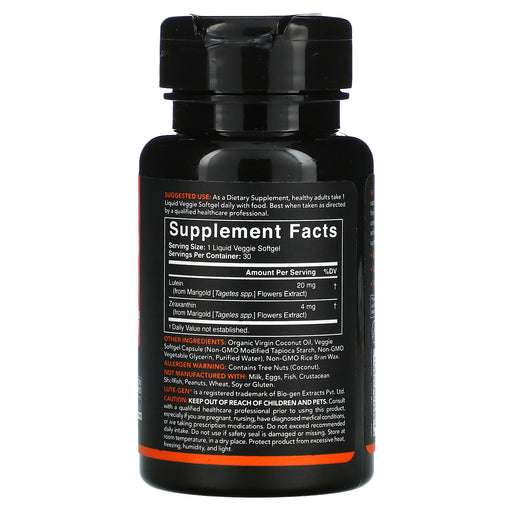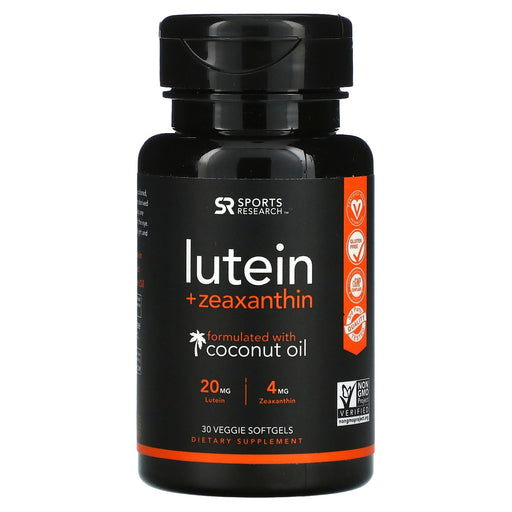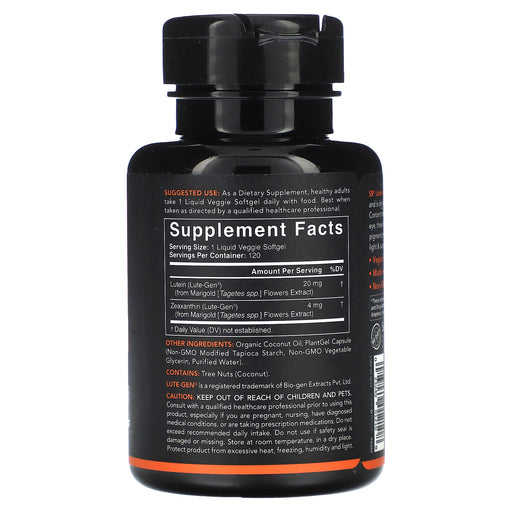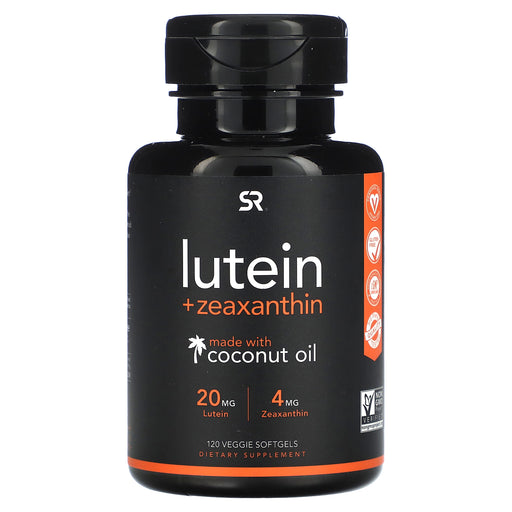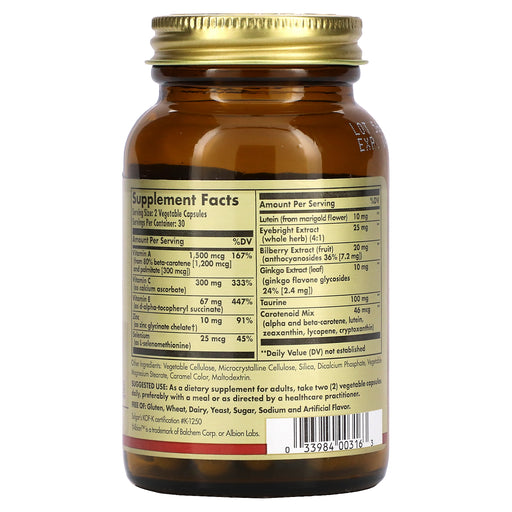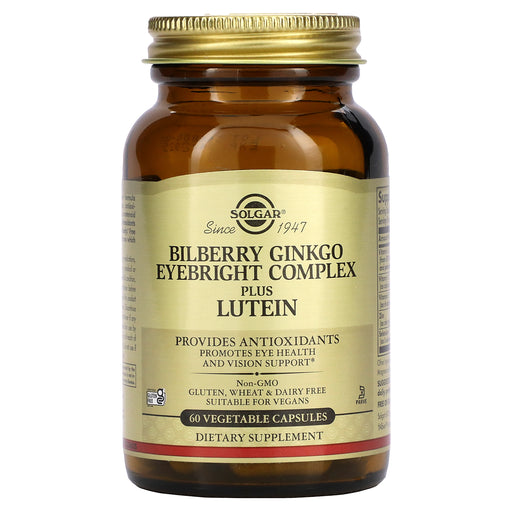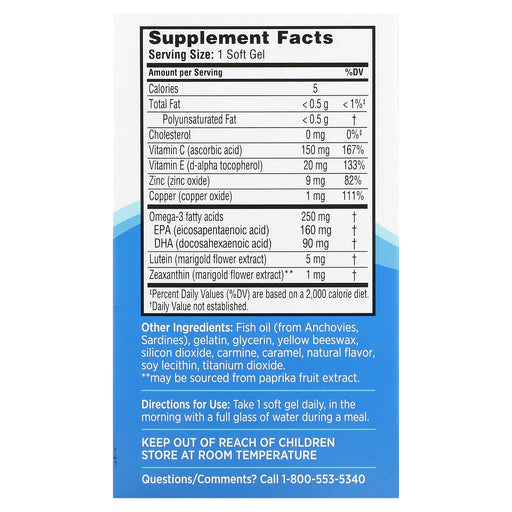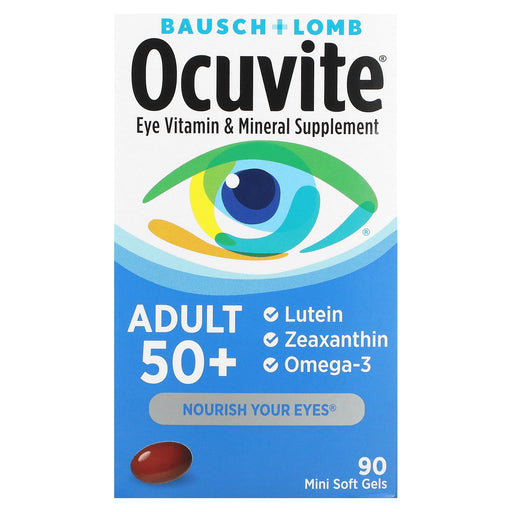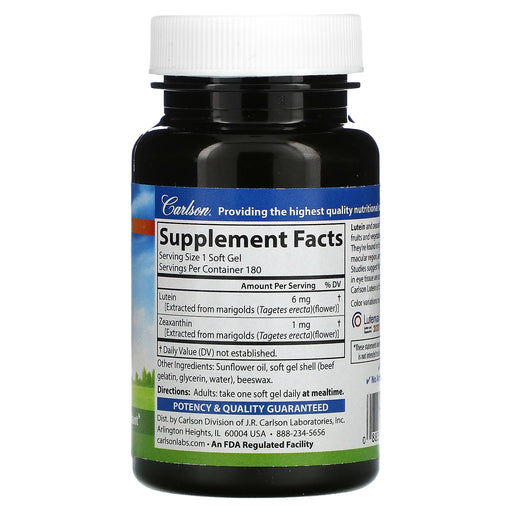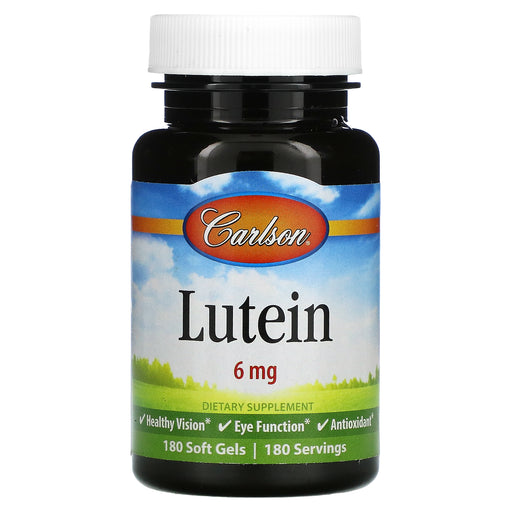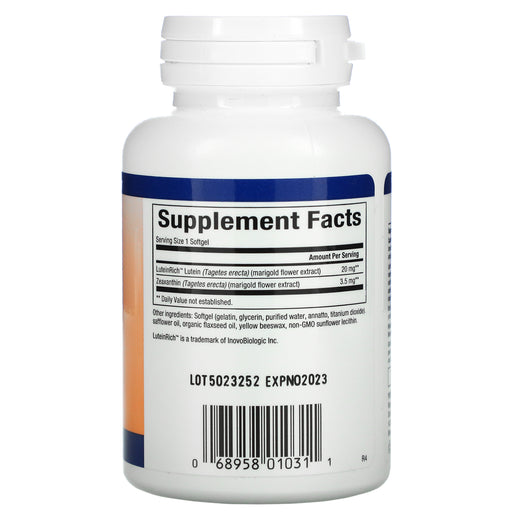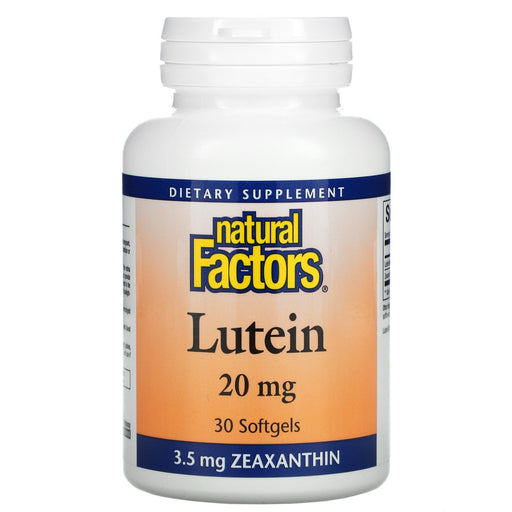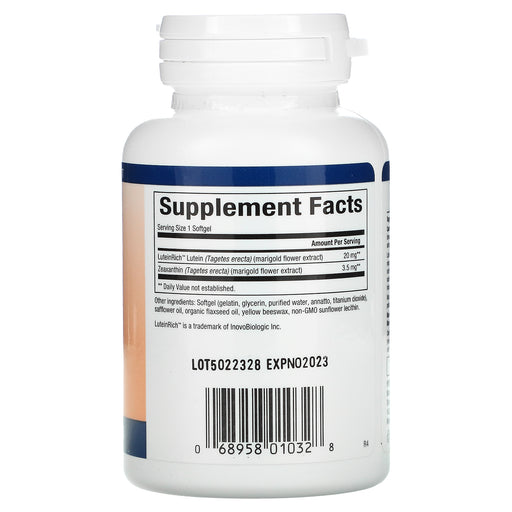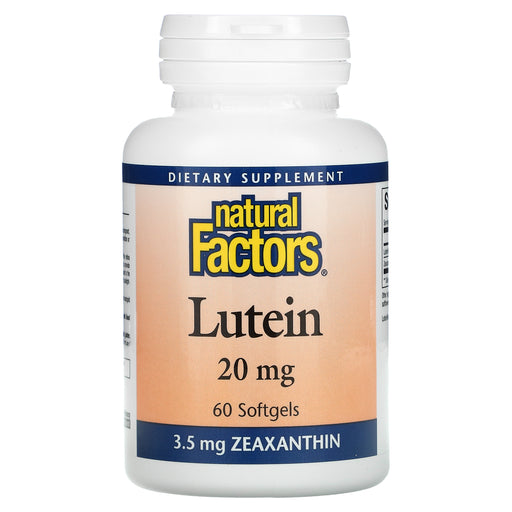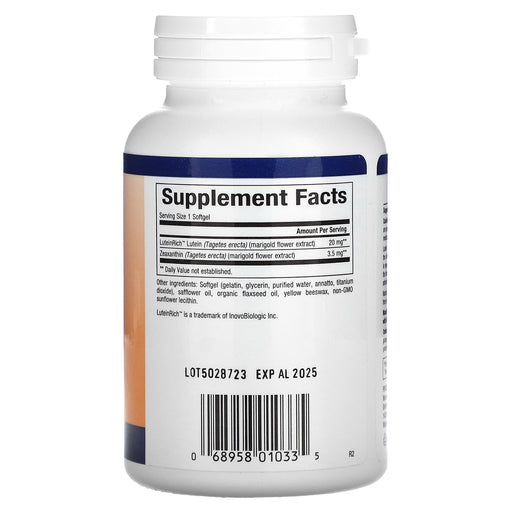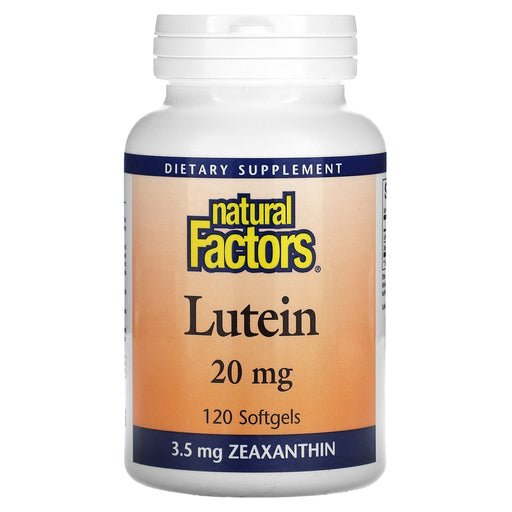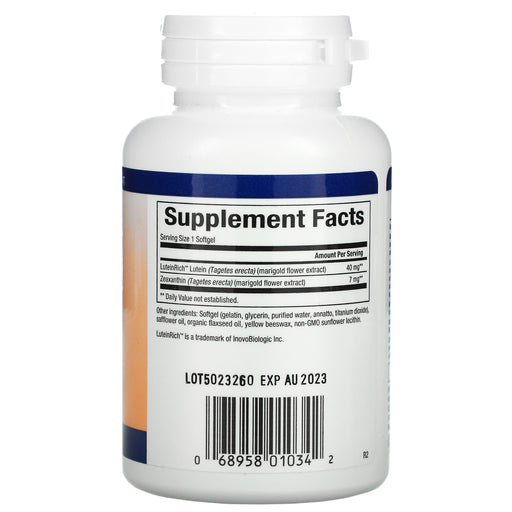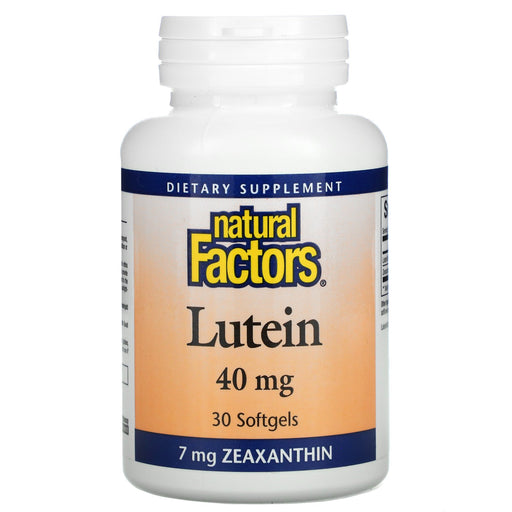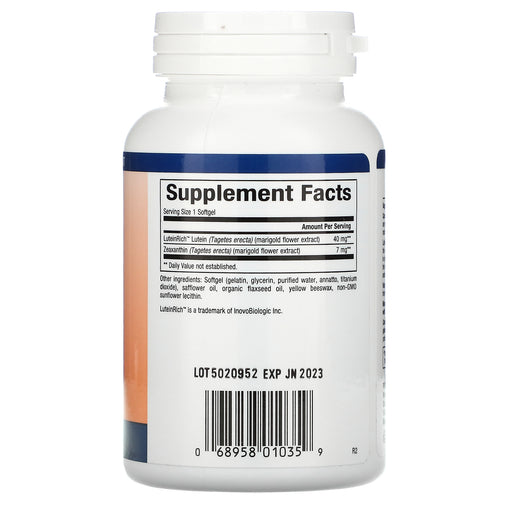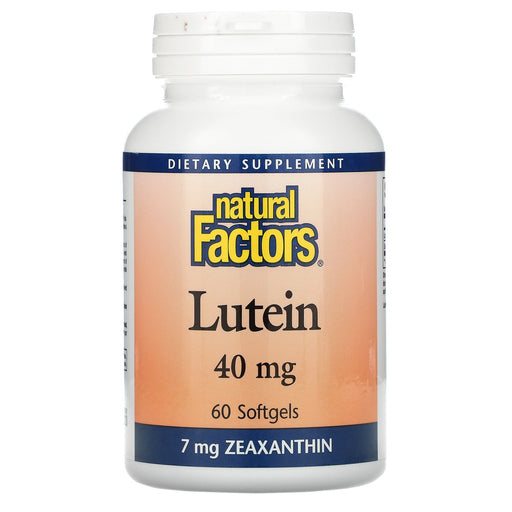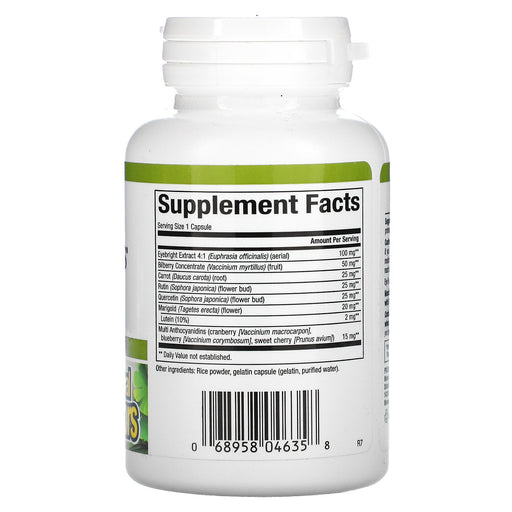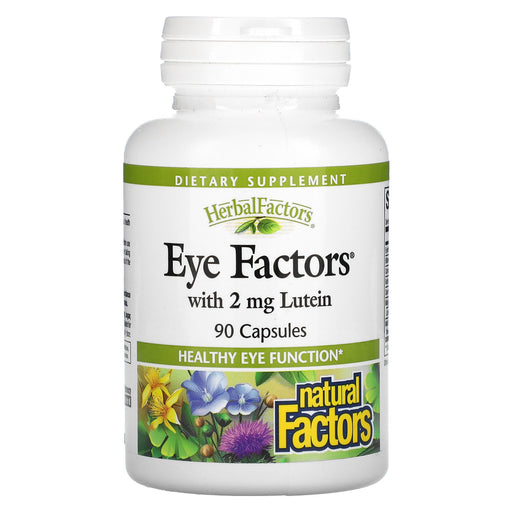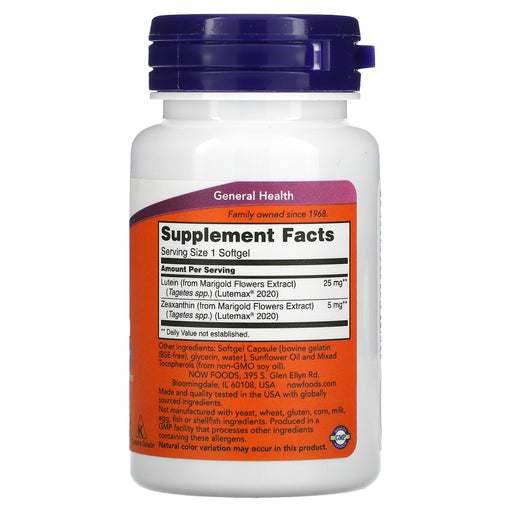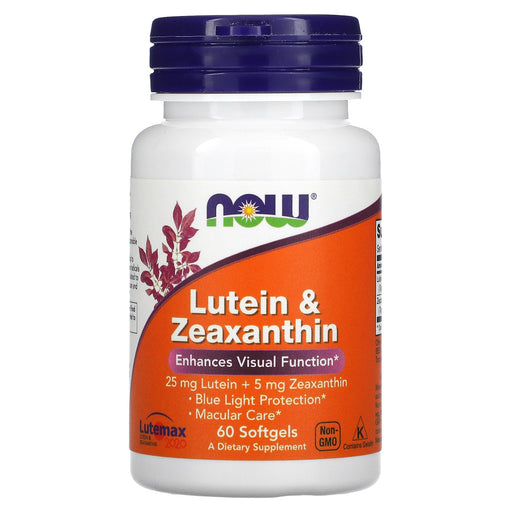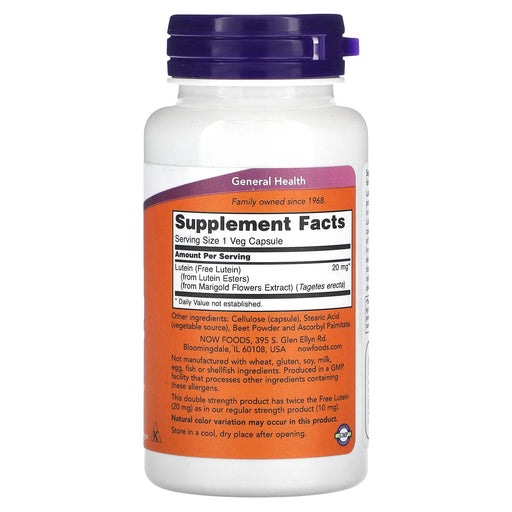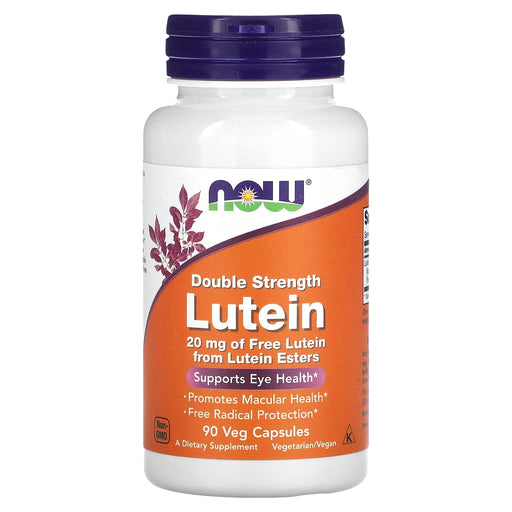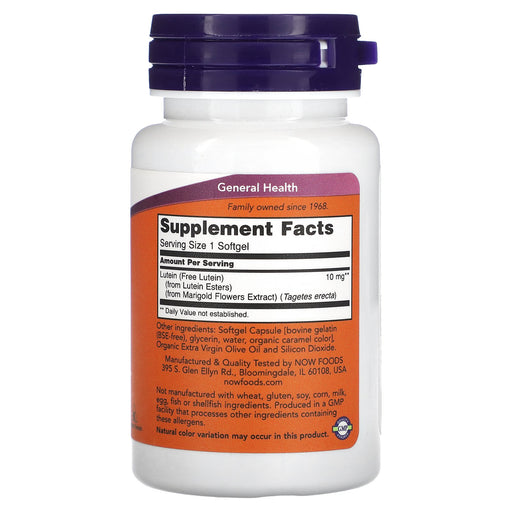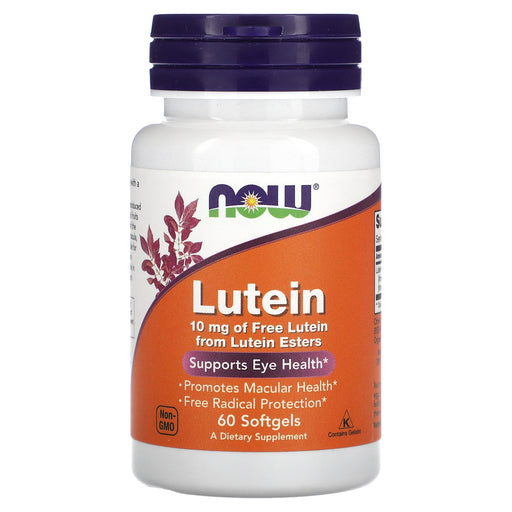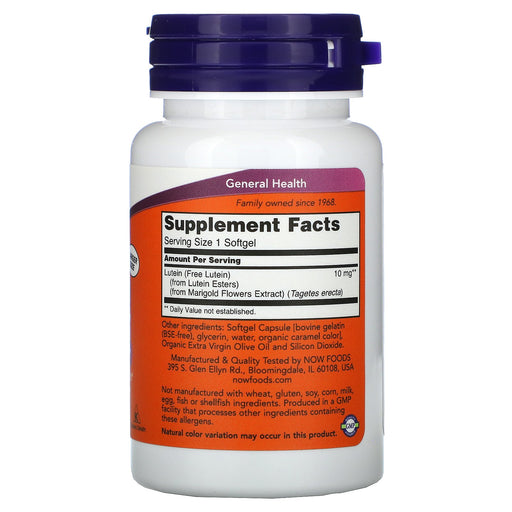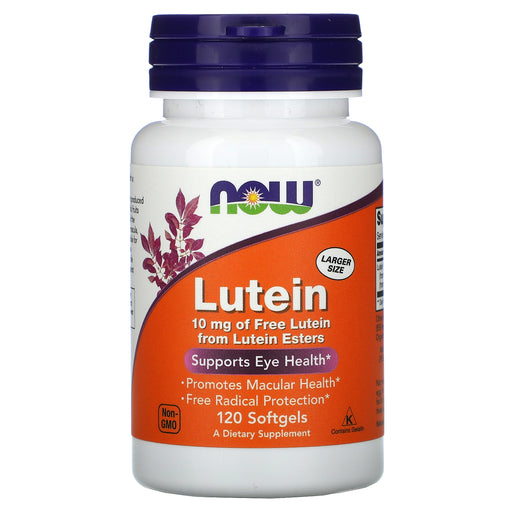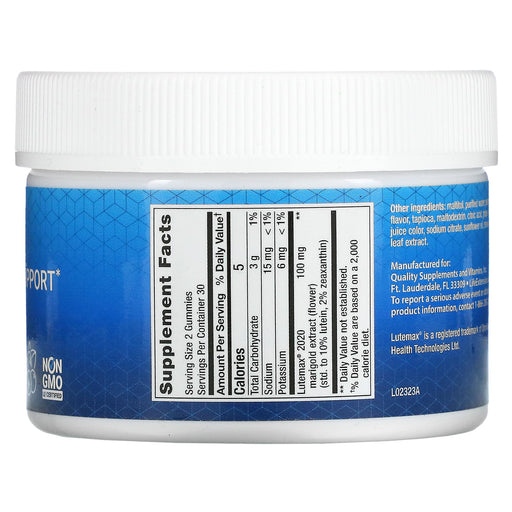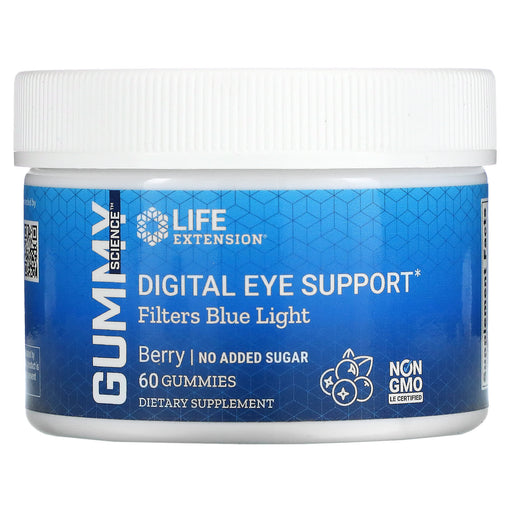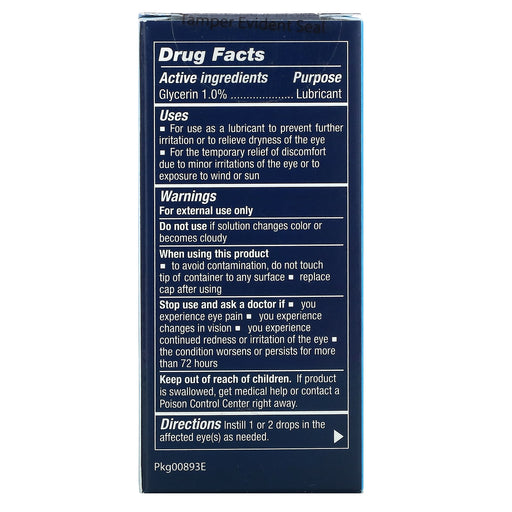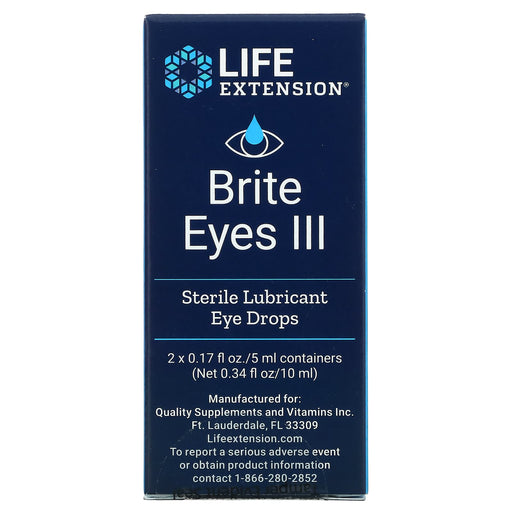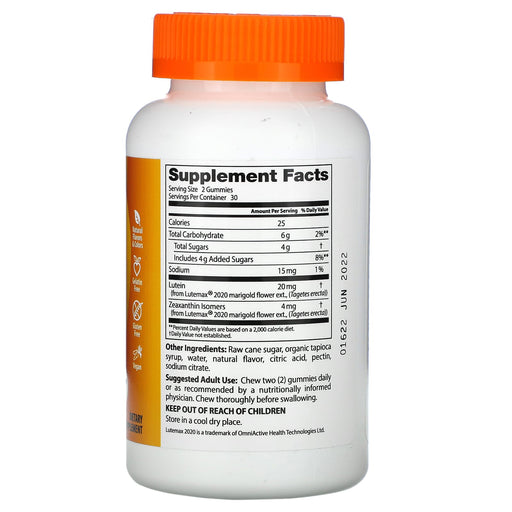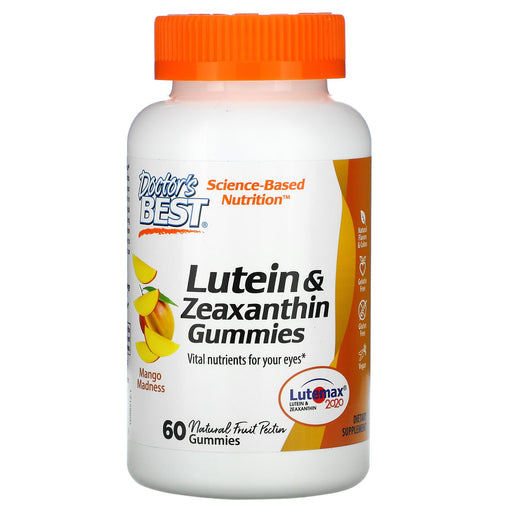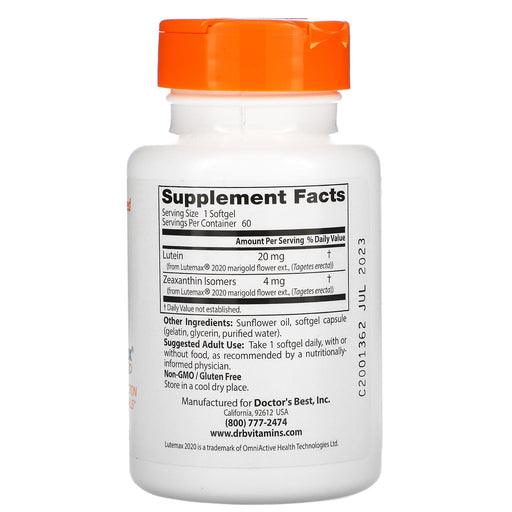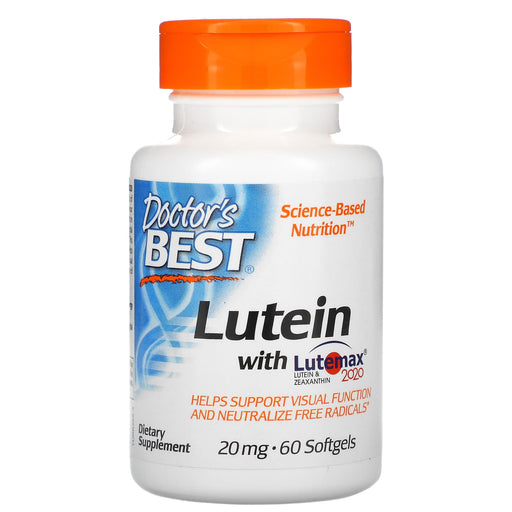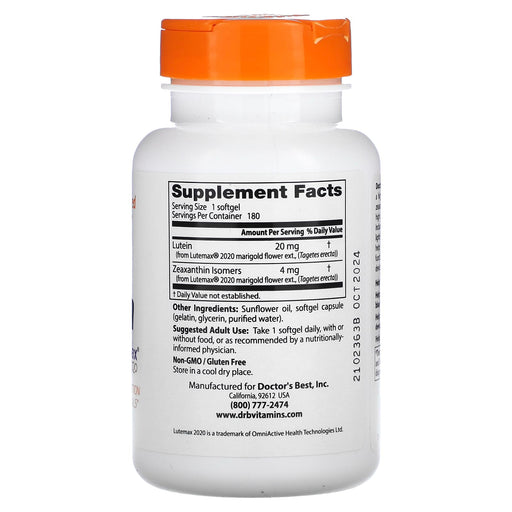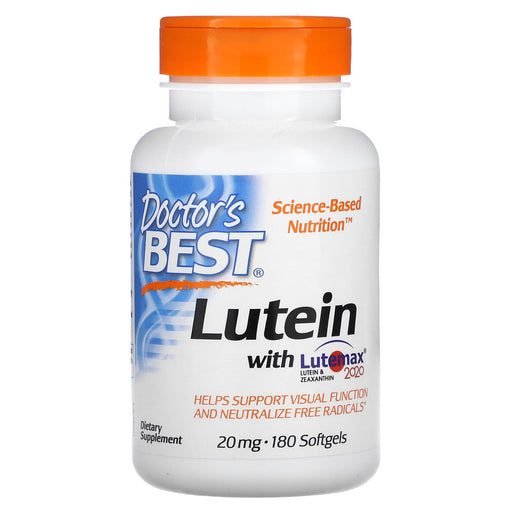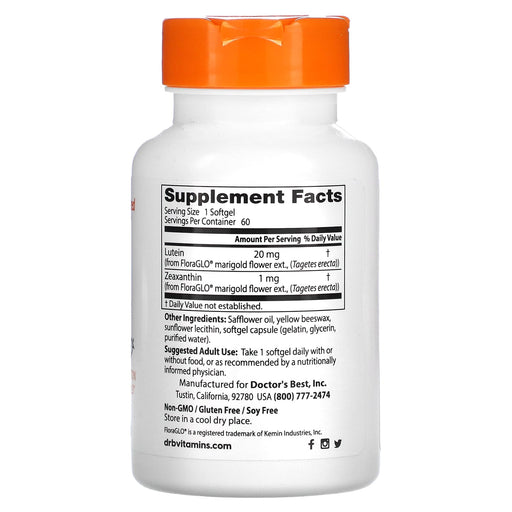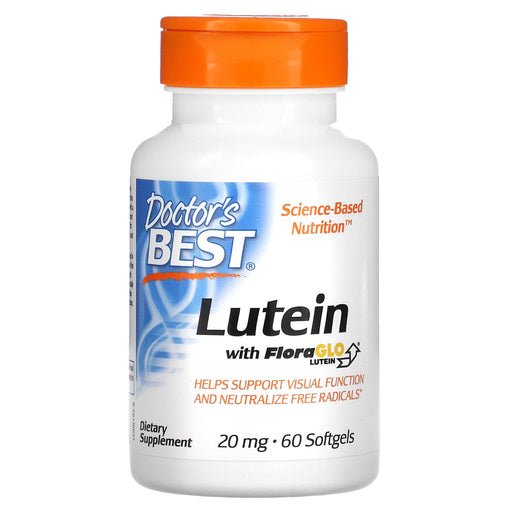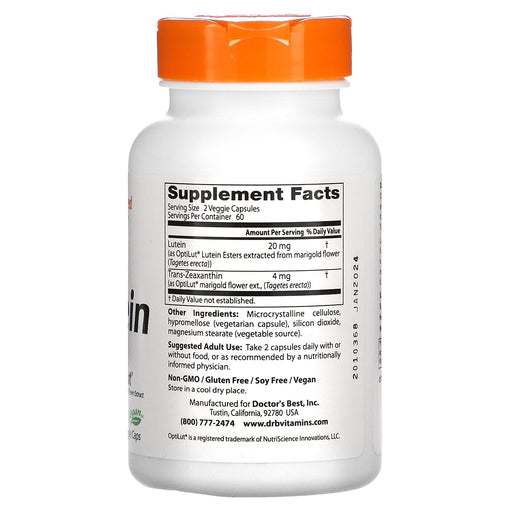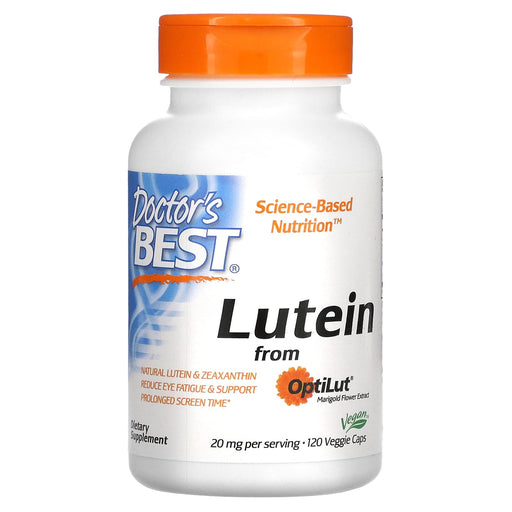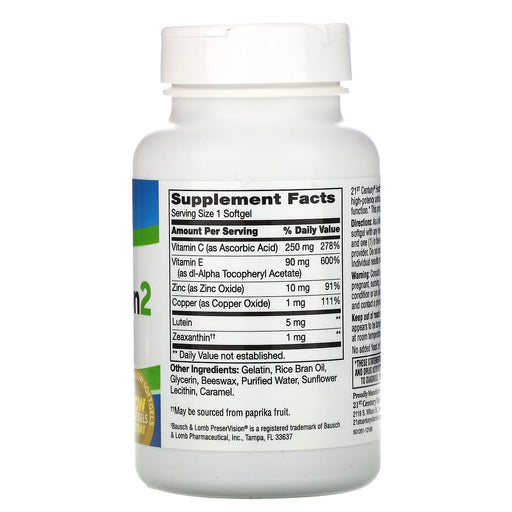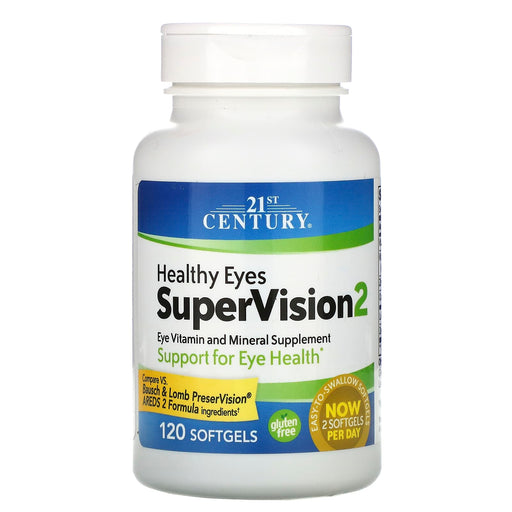
Nourish and Protect Your Eyes with Comprehensive Eye Care Supplements and Products
Your eyes are precious, delicate organs that require proper care and nourishment to maintain optimal health and function throughout your life. In today's digital age, our eyes are exposed to an array of challenges, from extended screen time and artificial lighting to environmental pollutants and the natural effects of aging. A comprehensive eye care routine that includes targeted supplements, protective eyewear, and nourishing eye health products can help safeguard your vision and promote long-term ocular well-being.
Essential Nutrients for Eye Health
A well-rounded eye care supplement should provide a comprehensive blend of vitamins, minerals, antioxidants, and other nutrients essential for maintaining the health and function of the eyes. Some of the most important eye-supportive nutrients include:
- Vitamin A: Crucial for maintaining the health of the cornea, retina, and other eye tissues, vitamin A also supports low-light vision and color perception.
- Vitamin C: A potent antioxidant that helps protect the eyes from oxidative damage, vitamin C also supports the production of collagen, a key structural protein in the eye.
- Vitamin E: Another powerful antioxidant, vitamin E works synergistically with vitamin C to defend the eyes against free radicals and promote healthy cell membranes.
- Zinc: Essential for the formation of visual pigments in the retina, zinc supports night vision, visual acuity, and overall eye health.
- Lutein and Zeaxanthin: These two carotenoids are concentrated in the macula, acting as natural "sunscreens" for the eyes and protecting against harmful blue light and oxidative stress.
- Omega-3 Fatty Acids: The long-chain omega-3s EPA and DHA support the structural integrity of the retina, promote tear production, and help combat dry eye syndrome.
- B Vitamins: B vitamins, particularly B6, B9 (folate), and B12, help maintain healthy blood vessels in the eye and support proper nerve function, contributing to overall eye health.
Choosing a Comprehensive Eye Care Supplement
When selecting an eye care supplement, look for a formula that provides a wide range of eye-supportive nutrients in clinically effective dosages. Consider the following factors:
- Quality and Purity: Choose supplements manufactured in GMP-certified facilities, third-party tested for purity and potency, and free from harmful additives or contaminants.
- Bioavailability: Opt for supplements that use highly bioavailable forms of nutrients, such as zinc citrate or acetate, to ensure optimal absorption and utilization by the body.
- Targeted Formulas: Consider supplements designed to address specific eye health concerns, such as dry eye syndrome, digital eye strain, or age-related macular health.
- Brand Reputation: Select supplements from reputable brands with a history of producing high-quality, science-backed eye care products and a commitment to transparency and customer satisfaction.
Eye Care Products for Comfort and Protection
In addition to a comprehensive eye care supplement, incorporating nourishing and protective eye health products into your daily routine can help soothe, moisturize, and safeguard your eyes. Some essential eye care products include:
- Artificial Tears: Lubricating eye drops can help alleviate dryness, irritation, and discomfort associated with dry eye syndrome or extended screen time.
- Eye Masks and Compresses: Soothing eye masks and warm compresses can help relieve eye strain, reduce puffiness, and promote relaxation.
- Eyelid Cleansers: Gentle, pH-balanced eyelid cleansers can help remove debris, oil, and potential irritants from the eyelids and lashes, promoting a clean, healthy environment for the eyes.
- Blue Light-Blocking Glasses: Specialized eyewear that filters out harmful blue light from digital devices can help reduce digital eye strain, fatigue, and potential long-term damage to the retina.
- UV-Protective Sunglasses: Sunglasses with 100% UV protection shield the eyes from harmful ultraviolet rays, helping to prevent cataracts, macular degeneration, and other sun-related eye issues.
Tips for Maintaining Optimal Eye Health
To further support your eye care routine and promote long-term ocular health, consider the following tips:
- Follow a Balanced Diet: Consume a variety of colorful fruits and vegetables rich in eye-supportive nutrients, such as leafy greens, berries, citrus fruits, and orange and yellow produce.
- Practice the 20-20-20 Rule: To reduce digital eye strain, take frequent breaks using the 20-20-20 rule: every 20 minutes, look at an object 20 feet away for at least 20 seconds.
- Maintain Good Eye Hygiene: Wash your hands regularly, avoid touching or rubbing your eyes, and clean your contact lenses as directed to minimize the risk of eye infections.
- Stay Hydrated: Drinking plenty of water throughout the day helps support tear production and maintain the health of the eye's surface.
- Schedule Regular Eye Exams: Visit your eye care professional for comprehensive eye exams to monitor your eye health, detect potential issues early, and ensure your prescription is up to date.
Invest in the Health and Comfort of Your Eyes with Eye Care Products from Health Orchard
Experience the best in eye care supplements and products with Health Orchard's curated collection. Our selection features comprehensive formulas designed to provide the essential nutrients and protective compounds needed to support visual acuity, reduce oxidative stress, and promote optimal eye health.
From nourishing artificial tears and soothing eye masks to blue light-blocking glasses and UV-protective sunglasses, our eye care products are designed to enhance your comfort, protect your eyes from environmental stressors, and support your overall ocular well-being. With a focus on quality, efficacy, and your unique eye health needs, Health Orchard is your trusted source for the most effective eye care solutions.
Prioritize the health and comfort of your eyes with eye care supplements and products from Health Orchard. Explore our collection today and take a proactive step towards maintaining clear, healthy vision for years to come.
Frequently Asked Questions about Eye Care
1. Which supplement is best for eyes?
The best supplement for eye health is one that contains a combination of key nutrients known to support eye function and protect against age-related eye conditions:
- Vitamin A: Crucial for maintaining the health of the cornea, retina, and other eye structures, and for promoting good night vision
- Vitamin C: An antioxidant that helps protect the eyes from oxidative stress and may reduce the risk of cataracts and age-related macular degeneration (AMD)
- Vitamin E: Another antioxidant that protects the eyes from free radical damage and may slow the progression of AMD
- Zinc: Plays a vital role in the formation of visual pigments in the retina and helps maintain the health of the macula
- Lutein and Zeaxanthin: Antioxidants that concentrate in the macula and help protect the eyes from harmful blue light and oxidative stress
- Omega-3 fatty acids: Help maintain the integrity of the retina and may reduce the risk of dry eye syndrome
2. What is the best vitamin to improve eyesight?
While no single vitamin can directly improve eyesight, several nutrients play essential roles in maintaining eye health and supporting vision:
- Vitamin A: Crucial for maintaining the health of the cornea, retina, and other eye structures, and for promoting good night vision
- Vitamin C: An antioxidant that helps protect the eyes from oxidative stress and may reduce the risk of cataracts and age-related macular degeneration (AMD)
- Vitamin E: Another antioxidant that protects the eyes from free radical damage and may slow the progression of AMD
- Zinc: Plays a vital role in the formation of visual pigments in the retina and helps maintain the health of the macula
- Lutein and Zeaxanthin: Antioxidants that concentrate in the macula and help protect the eyes from harmful blue light and oxidative stress
3. Do eye supplements really work?
Eye supplements can be beneficial for maintaining eye health and reducing the risk of certain age-related eye conditions:
- Studies have shown that a combination of vitamin C and vitamin E, beta-carotene, zinc, and copper can slow the progression of age-related macular degeneration (AMD) in people at high risk
- Lutein and zeaxanthin supplementation has been linked to improved visual function and reduced risk of AMD and cataracts
- Omega-3 fatty acids may help alleviate symptoms of dry eye syndrome and support retinal health
When choosing an eye supplement, look for high-quality, third-party tested products from reputable brands, and always follow the recommended dosage on the label. Consult your healthcare provider for personalized advice on whether eye supplements are appropriate for your individual needs.
4. How can I improve my eyesight naturally?
While some eye conditions require medical intervention, there are several natural ways to support eye health and maintain good vision:
- Eat a balanced diet rich in fruits, vegetables, whole grains, and lean proteins. Include eye-friendly nutrients like vitamins A, C, and E, zinc, lutein, zeaxanthin, and omega-3 fatty acids
- Maintain a healthy weight, as obesity increases the risk of diabetes, which can lead to eye problems like diabetic retinopathy
- Exercise regularly to improve circulation and maintain overall health, which can benefit eye health
- Protect your eyes from UV radiation by wearing sunglasses and a hat when outdoors
- Practice the 20-20-20 rule to reduce eye strain: Every 20 minutes, look at an object 20 feet away for 20 seconds
- Get regular eye exams to monitor your eye health and detect any problems early
5. How to get rid of blurry vision?
Blurry vision can have various causes, and the appropriate treatment depends on the underlying issue:
- Refractive errors (nearsightedness, farsightedness, astigmatism): Corrective lenses (eyeglasses or contact lenses) or laser eye surgery can help improve vision
- Dry eyes: Artificial tears, warm compresses, and omega-3 fatty acid supplements may alleviate symptoms and improve vision
- Eye strain: Take regular breaks from digital devices, practice the 20-20-20 rule (every 20 minutes, look at an object 20 feet away for 20 seconds), and ensure proper lighting and ergonomics when working
- Cataracts: Surgery to remove the cloudy lens and replace it with an artificial one can restore clear vision
- Diabetic retinopathy: Managing blood sugar levels, regular eye exams, and early treatment (such as laser therapy or injectable medications) can help prevent vision loss
- Migraine: Identifying and avoiding triggers, stress management, and medication (as prescribed by a doctor) may help reduce the frequency and severity of migraine-related visual disturbances
6. What is the fastest way to improve your eyesight?
The fastest way to improve eyesight depends on the underlying cause of the vision problem:
- Refractive errors (nearsightedness, farsightedness, astigmatism): Corrective lenses (eyeglasses or contact lenses) can provide an immediate improvement in vision. Laser eye surgery, such as LASIK, can offer a more permanent solution, with rapid recovery and vision improvement
- Dry eyes: Artificial tears can provide quick relief from dry eye-related blurry vision
- Eye strain: Taking a break from digital devices, practicing the 20-20-20 rule (every 20 minutes, look at an object 20 feet away for 20 seconds), and ensuring proper lighting and ergonomics can help reduce eye strain and improve visual comfort


